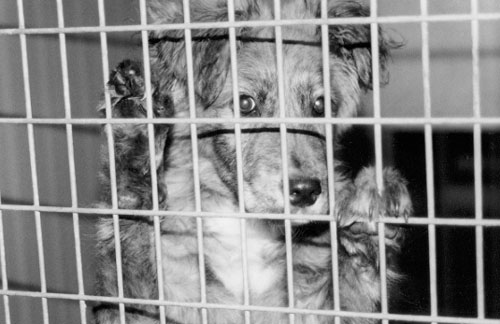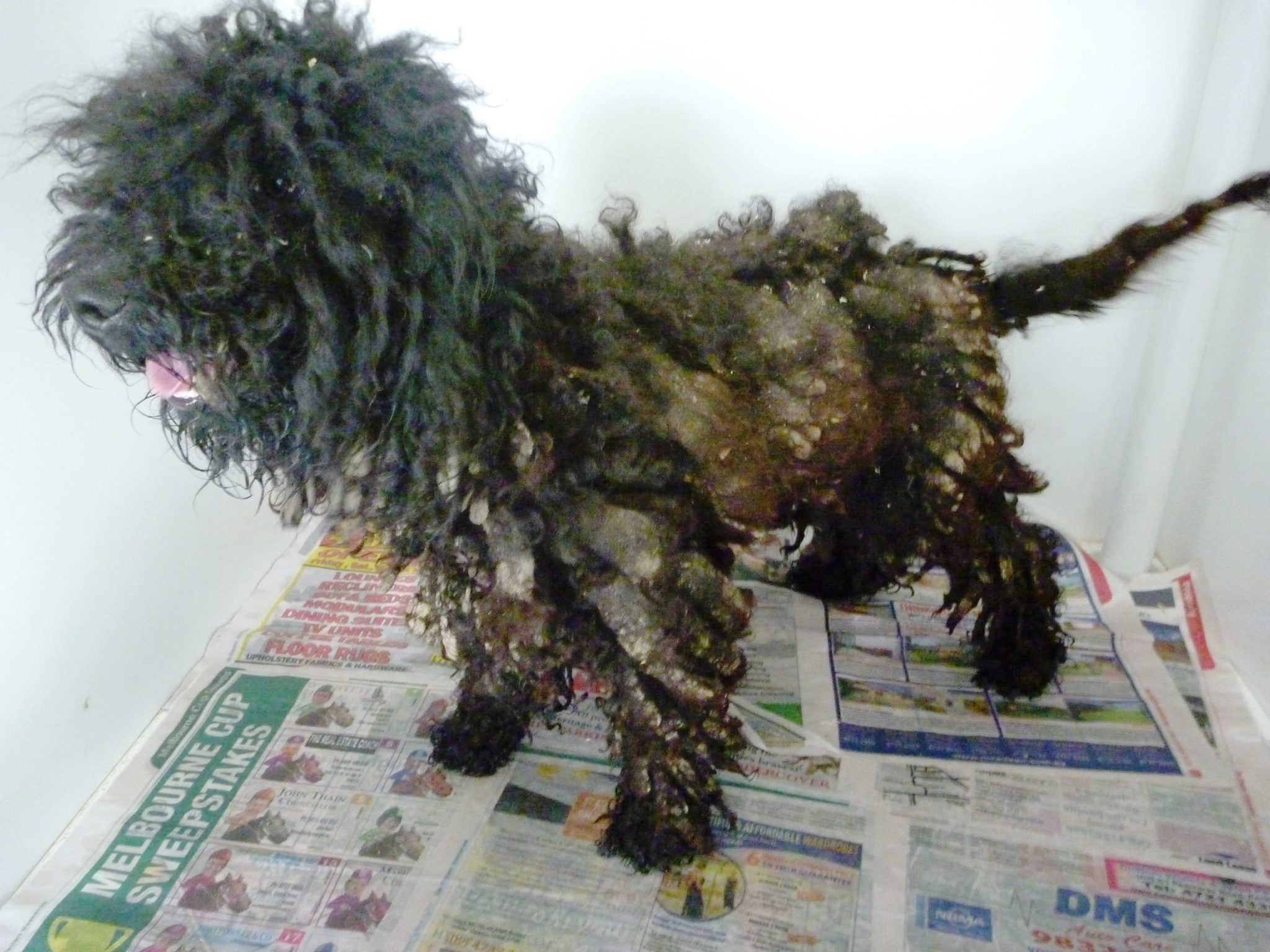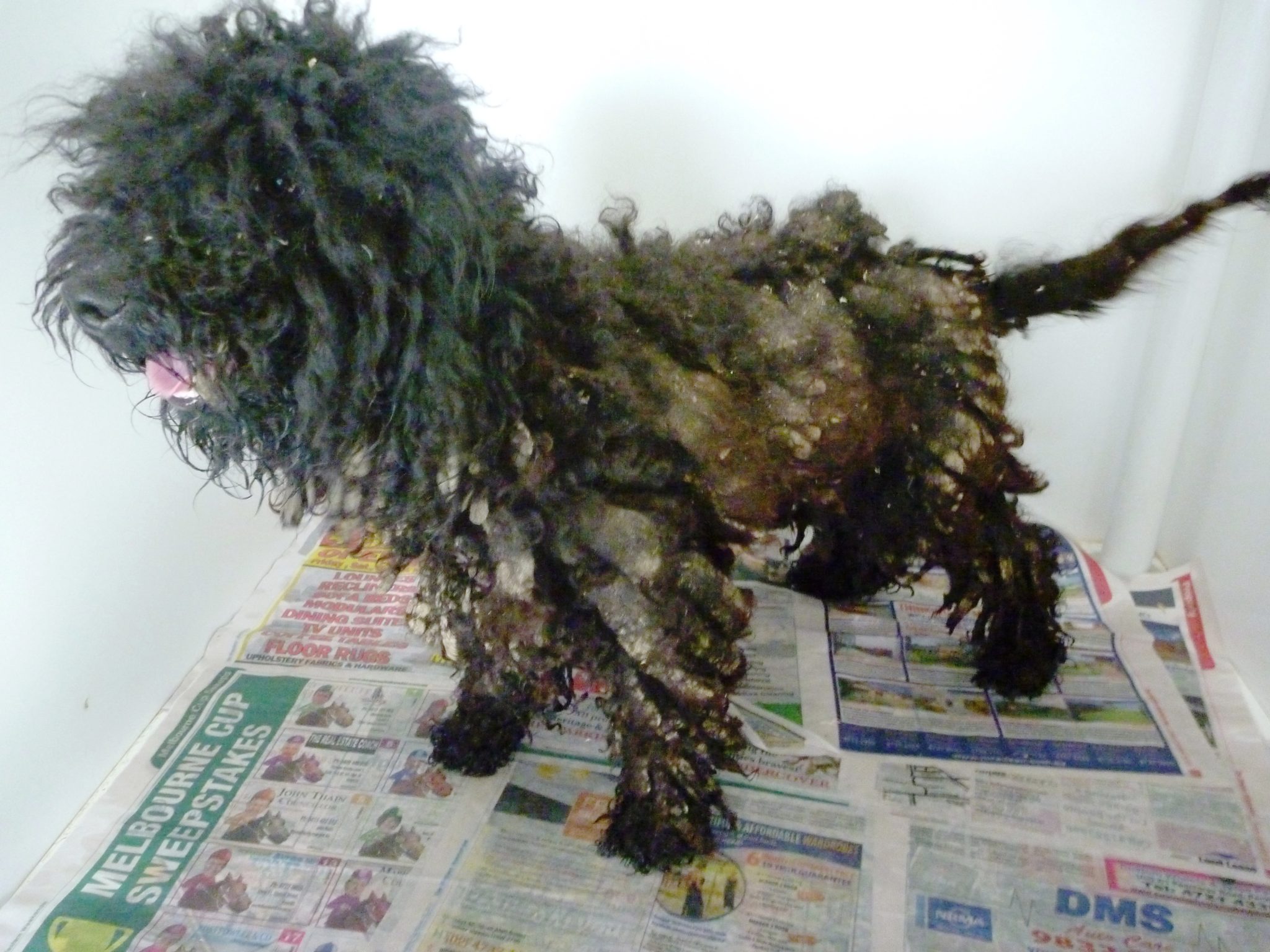Where Do Puppies Come From?
Where do puppies come from? Simply question, it may seem, but not a simple answer!

Where puppies come from
Puppies come from many different sources; some ethical, some not. But how can the prospective puppy owner tell the difference and do they even care? These are all potential sources of puppies:
Breeders
Breeders are usually (but not always) registered to an organisation. They may produce dogs to conform to show standards and pass their surplus on to public or may produce solely for pet owner supply.
Pet shops
Pet shops obtain puppies from various sources including pet owners, shelters, puppy farms, breeders. Some stores are members of associations and adhere to recommended guidelines e.g. Pet Industry Association Australia (PIAA). In some countries, dogs and cats cannot be sold from a pet store.
Shelters
Shelters rehome puppies (or puppies from pregnant bitches) relinquished into their care.
Puppy Farms
Puppy Farms* are small to medium to large scale commercial operations who produce dogs that are currently in demand.
Dog owners,
Dog owners who have either:
-
- let their dogs have a litter (or two) to see how they are as mothers/stud dogs or to let their children have puppy access
- fail to desex their dog and have an ‘accidental litter’
Regulations vary in countries and regions or states
In Australia, there are State differences in regulations. In NSW, for instance, pet shops must adhere to the Animal Welfare Code of Practice for Animals in Pet Shops and breeders The Animal Welfare Code of Practice in Breeding cats and dogs.
Where individuals, companies or organisations do not comply with the regulations, they are behaving illegally. There are however, very many grey areas where operations are legal but perhaps not acceptable or deemed ethical by animal lovers.
* What is a puppy farm?
People often use the term puppy farm is a generic manner, to signify any intensive or large breeding establishment. In Australia, it is not correct to do so. The generally accepted definition of a puppy farm is “an intensive dog breeding facility that is operated under inadequate conditions that fail to meet the dogs’ behavioural, social and/or physiological needs” RSPCA.
In other countries, there are alternative definitions of puppy farms, such as:
- “A puppy mill is a large-scale commercial dog breeding facility where profit is given priority over the well-being of the dogs.” ASPCA, USA
- “A puppy farmer is defined as a high volume breeder who breeds puppies with little or no regard for the health and welfare of the puppies or their parents.” UK Kennel Club:
Areas of concern for puppies
Some grey areas of puppy breeding and concerns for puppy welfare include:
- Any of the puppy sources who breed for profit rather than health and behaviour suitability. Animal welfare should always have higher priority over profits.
- When so many puppies and dogs are euthanased each year, why we should breed more dogs.
- Puppy farms, where dogs may not receive adequate human companionship and puppy socialisation.
- Pet stores, where pets may not receive adequate care or impulse buying may overtake responsible pet-buying decisions (although little evidence has been found of the latter).
- Breeders, who may breed for fashion, thereby encouraging negative health or behavioural traits.
- Dog owners, who have no idea of the risks of breeding their dogs and contribute to over-population.
- Pounds in many Australian States do not need to share their data on euthanasia rates.
- If we ban the production of puppies in regulated establishments and sales through pet stores, are we encouraging more unregulated, backyard sales?
- When does a reputable breeder become a puppy farmer? How large a business does it have to be. It may be possible to have reputable puppy farmers but bad breeders. Grey, grey, grey!!!
Most prospective puppy owner do care, according to an Animal Welfare League survey in 2013. They want to do the right thing for the welfare of the puppy but often don’t have any idea what this is.

Case Study : Buying a Puppy
Take one of my wider circle of friends, for instance. Wanting a puppy, they try the shelters and cannot find one they want. They visit some breeders but cannot find a medium sized, non-shedding dog. They see the dog they want in a store but it costs too much. Gum Tree (a city advertising newspaper) advertises many puppies but they decide this cannot be the right way to purchase a dog.
They find a website who have a litter or two of puppies for sale – Cavoodles, Moodles, Spoodles and talk to a very pleasant puppy owner whose dogs, they are assured, are indoors dogs, much loved by the family.
They agree for the puppy to be shipped to them, to save them having to drive interstate and the puppy settles in nicely to their home. The kids love it and the dog has a happy life.
What is wrong with this?
These people did not know where this puppy came from. Unless they attended the premises, they would not know if the mother had been kept in a cage her entire life or that the puppies had never had human contact.
The puppies produced are friendly and obviously very resilient to their early upbringing. Lucky! Imagine a 50Kg dog whose first encounter with their new family terrifies them into displaying aggressive behaviour towards the children!
This is why we should always ask or learn where do puppies come from?
How to change laws
Many people who breed dogs, although we may consider their practices to be morally or ethically suspect, are not doing anything illegal. Is this enough? To accept that puppies will be profit-makers, as long as breeders keep within the laws.
One Australian organisation, Oscar’s Law, has a mission to (i) abolish the factory farming of companion animals in Australia (ii) ban the sale of animals from pet shops and online trading sites (iii) promote adoption through rescue groups, pounds and shelters. Oscar was one of a number of dogs who were rescued from a puppy factory in central Victoria where they had been neglected to the point they required urgent veterinary care.
Oscar’s Law encourages all Australians to take a stand and tell the Government that we do not want companion animals factory farmed anymore and we do not want the pet industry to mislead us about what is acceptable for our animals. If you have a strong view on puppies, lobby your Government.
Make sure, however, that you make the right decision when it comes to choosing your furry family member.
The future of puppies

Just as there is no one dog that suits everyone, there is no one solution to save all dogs. We can make small steps by keeping ourselves as informed as possible.
About the author
Dr Jo Righetti is an animal behaviour consultant with a passion for animal behaviour, the human-animal bond and, of course, animal welfare. Jo is an Ambassador for Animal Welfare League Australia. More about Dr Jo and Pet Problems Solved.
More puppy info
How to pick a puppy from a litter
Introducing your new puppy to other family members
Puppy training
Teenage dogs: How to cope with adolescent puppies






2 comments
Comments are closed.